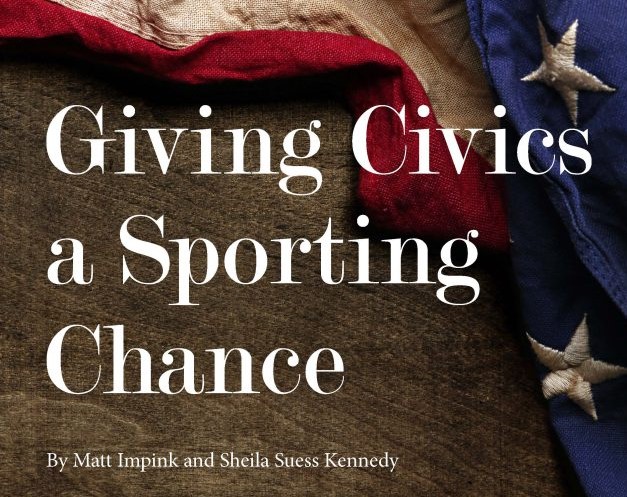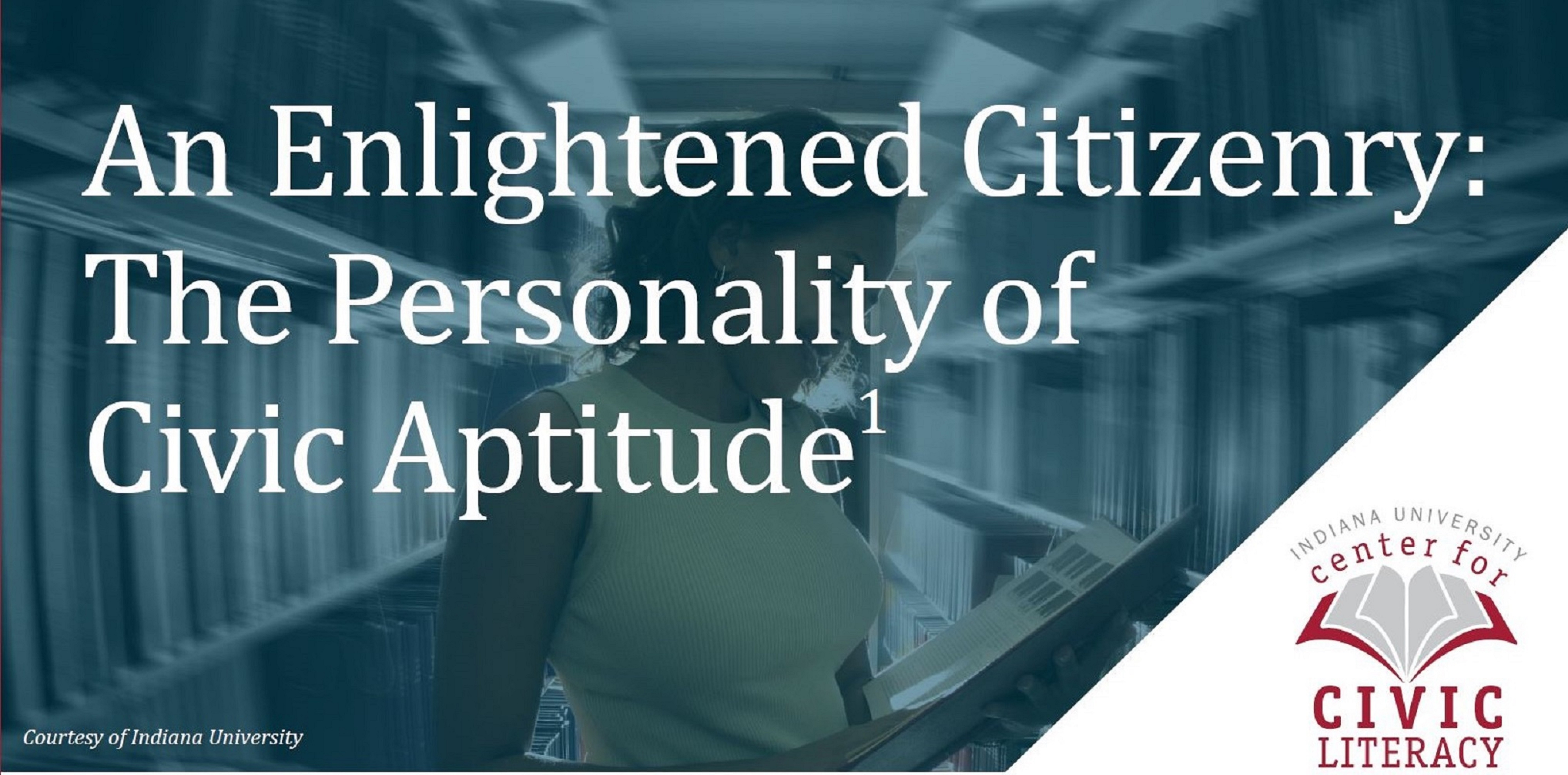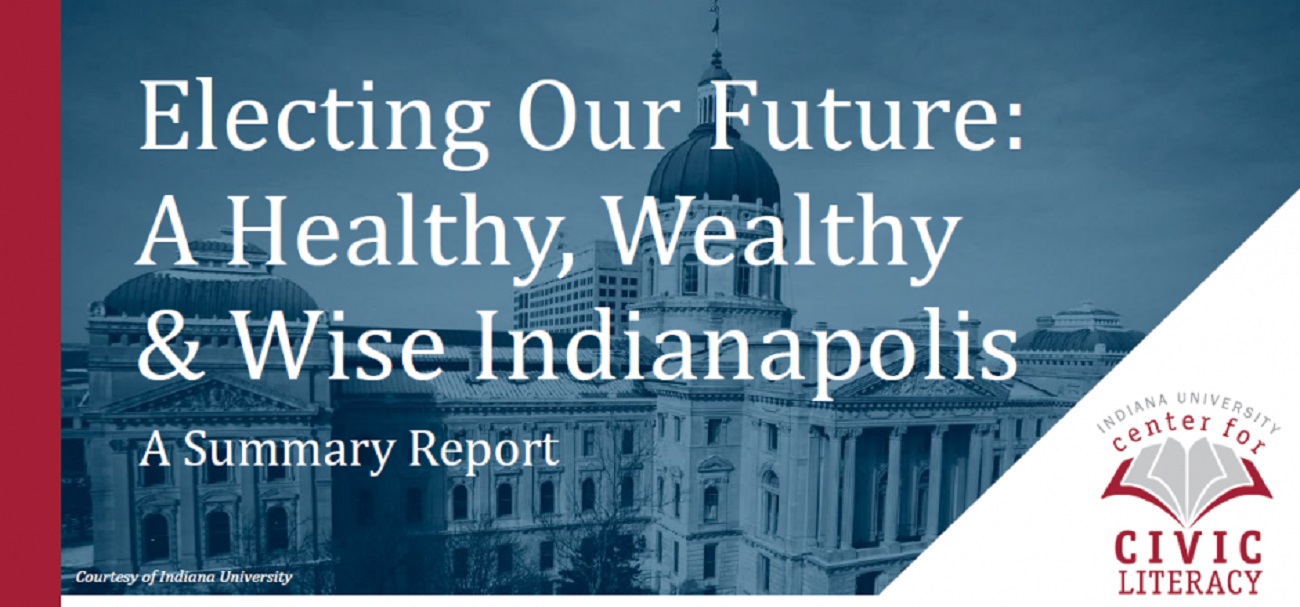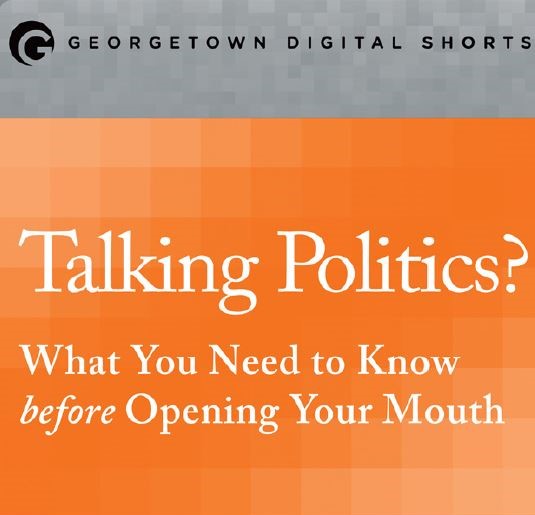This small book suggests policies that would make information about America’s government and constitution as culturally important as information about sports. People who can tell you who won the pennant in 1939 should also be able to tell you what rights the 4th Amendment protects.
In his, Personality and Political Attitudes: Civic Capacity and the Challenges of Democratic Politics (2017), Aaron Dusso examines the influence that the Big Five personality traits (Openness to Experience, Agreeableness, Extraversion, Conscientiousness, and Emotional Stability) have on the ability to understand political issues and party behavior. Specifically, he looks at how well individuals know factual information about five different issue areas and then how well they are able to connect their own personal policy preferences to the correct party.
The Center for Civic Literacy was the lead sponsor for a three-part series called Electing Our Future and partnered with a number of local organizations, including the Indianapolis Chamber of Commerce and Marion County Public Library, among others. The overall goal was to increase informed engagement in the civic life of our city and to offer Marion County residents an opportunity to learn more about navigating Indianapolis’ governing structures and to recognize the impact of local government on their daily activities.
Are you familiar with “Unigov” and how it works? The Center for Civic Literacy recognizes the importance of not only participating but also understanding our local government. We partnered with the Indianapolis League of Women Voters to update the 6th edition of the Unigov Handbook, and the IU Public Policy Institute technical writer worked with the league and The Polis Center to update it for its 7th edition. It is published in the Encyclopedia of Indianapolis and is available for download. Get informed today!
Initially published by Georgetown University Press as a "Digital Short,: this pamphlet authored by Center founder Sheila Kennedy was later published as a paperback. It identifies common areas of confusion or misunderstanding about the political system, clarifying many distortions of accepted history, constitutional law, economics and science, to help readers distinguish facts from the different conclusion and interpretations that may drawn from those facts.







